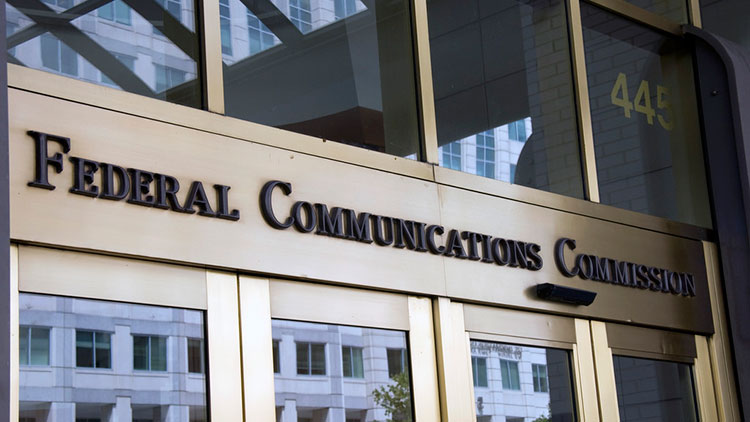FCC to Court: We Gauged Dereg Impact on Diversity

The smarter way to stay on top of broadcasting and cable industry. Sign up below
You are now subscribed
Your newsletter sign-up was successful
The FCC has told a federal court that it did consider the impact of its broadcast local-ownership deregulation on minority and female ownership and said that consideration and its adoption of a definition of "eligible entity" meets that court's mandate.
That came in the FCC's response to the U.S. Court of Appeals for the Third Circuit on a request by Prometheus Radio Project and Media Mobilizing Project that the court block the FCC's November vote to eliminate crossownership rules and loosen other local ownership regs.
Prometheus and Media Mobilizing project said the stay should be granted and the FCC be directed by the court (via writ of mandamus) to better gauge the impact of its decision on diversity.
"[T]he Commission carefully analyzed whether each of its rule changes would have a material impact on minority and female ownership," the FCC's legal team said.
Related: FCC Media Ownership Rules Head Back to Court
At stake is whether or not broadcasters will be able to start buying newspapers, and vice versa; whether or not TV and radio stations can be co-owned and whether or not a broadcast group can own more stations in smaller markets, and potentially in the largest markets as well.
The FCC told the court it could consider the arguments for or against the rule change in the regular order of challenges to those underlying rules, but that the court should not take the extreme state of staying the rules and granting the writ of mandamus.
The FCC also said the court did not mandate further data collection related to gauging diversity impact. Prometheus et al. identified the lack of data as one reason the FCC had failed to discharge the court's mandate.
The agency also addressed the thresholds for a stay, saying petitioners had not shown they lacked an adequate alternative remedy, or that they would be irreparably harmed absent a stay, or that they are likely to win their underlying challenge on the merits, or that the balance of harms favors the stay.
Joining the National Association of Broadcasters and Sinclair in backing the FCC's argument against the emergency stay were Fox, the News Media Alliance, Bonneville and Nexstar, all of which filed motions with the court to have their arguments against the stay made part of the record and the court's decision.
The smarter way to stay on top of broadcasting and cable industry. Sign up below
Contributing editor John Eggerton has been an editor and/or writer on media regulation, legislation and policy for over four decades, including covering the FCC, FTC, Congress, the major media trade associations, and the federal courts. In addition to Multichannel News and Broadcasting + Cable, his work has appeared in Radio World, TV Technology, TV Fax, This Week in Consumer Electronics, Variety and the Encyclopedia Britannica.

